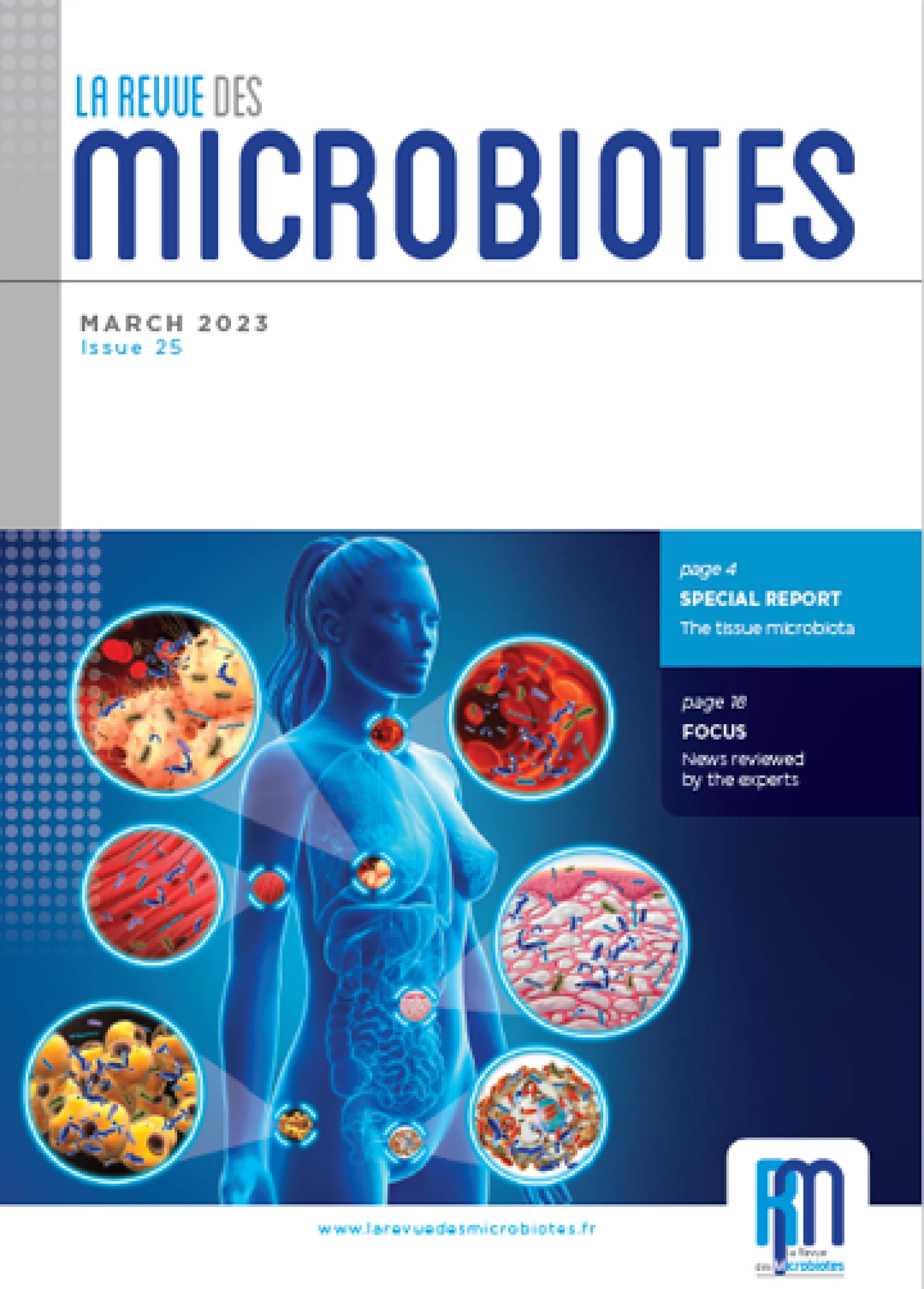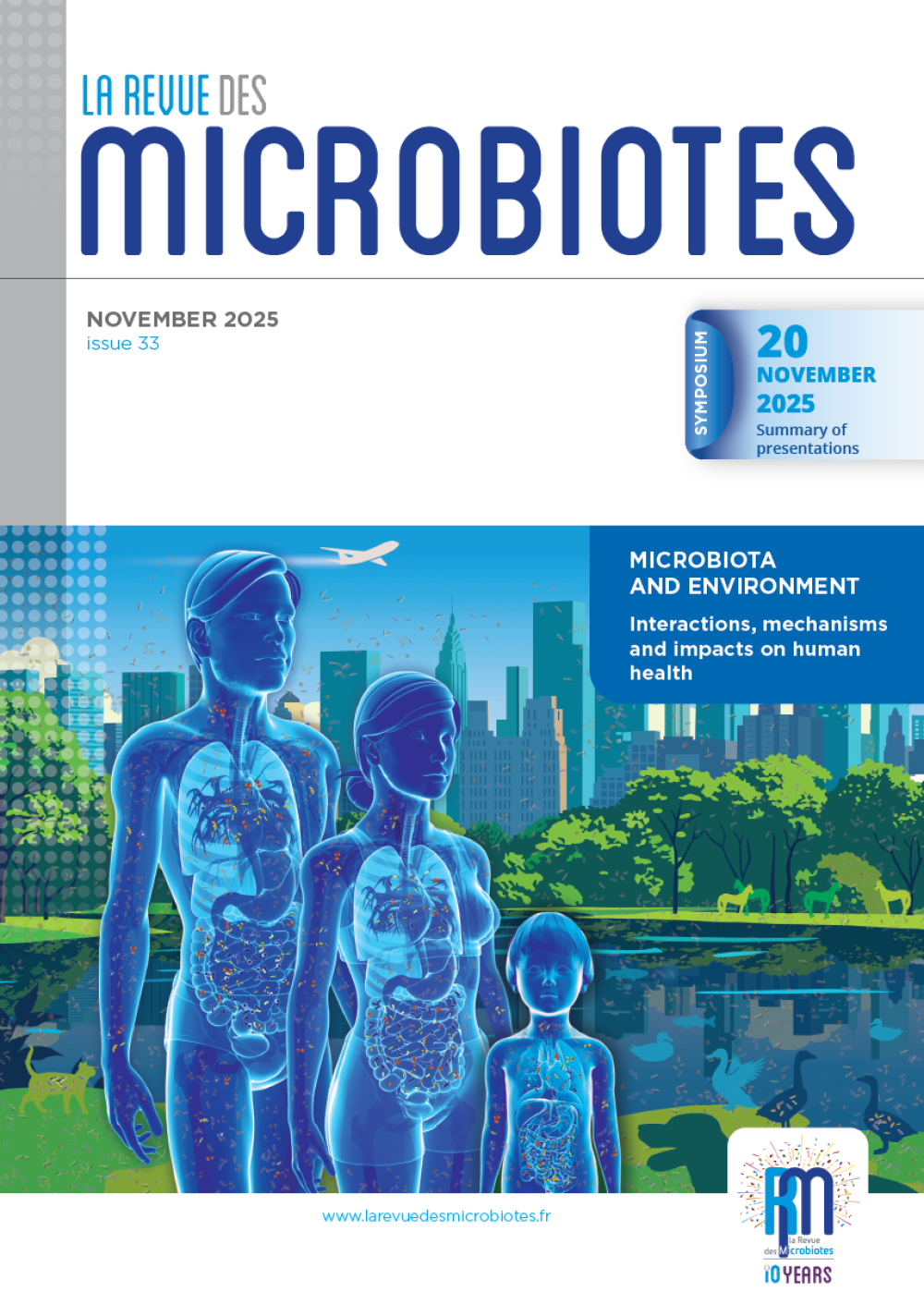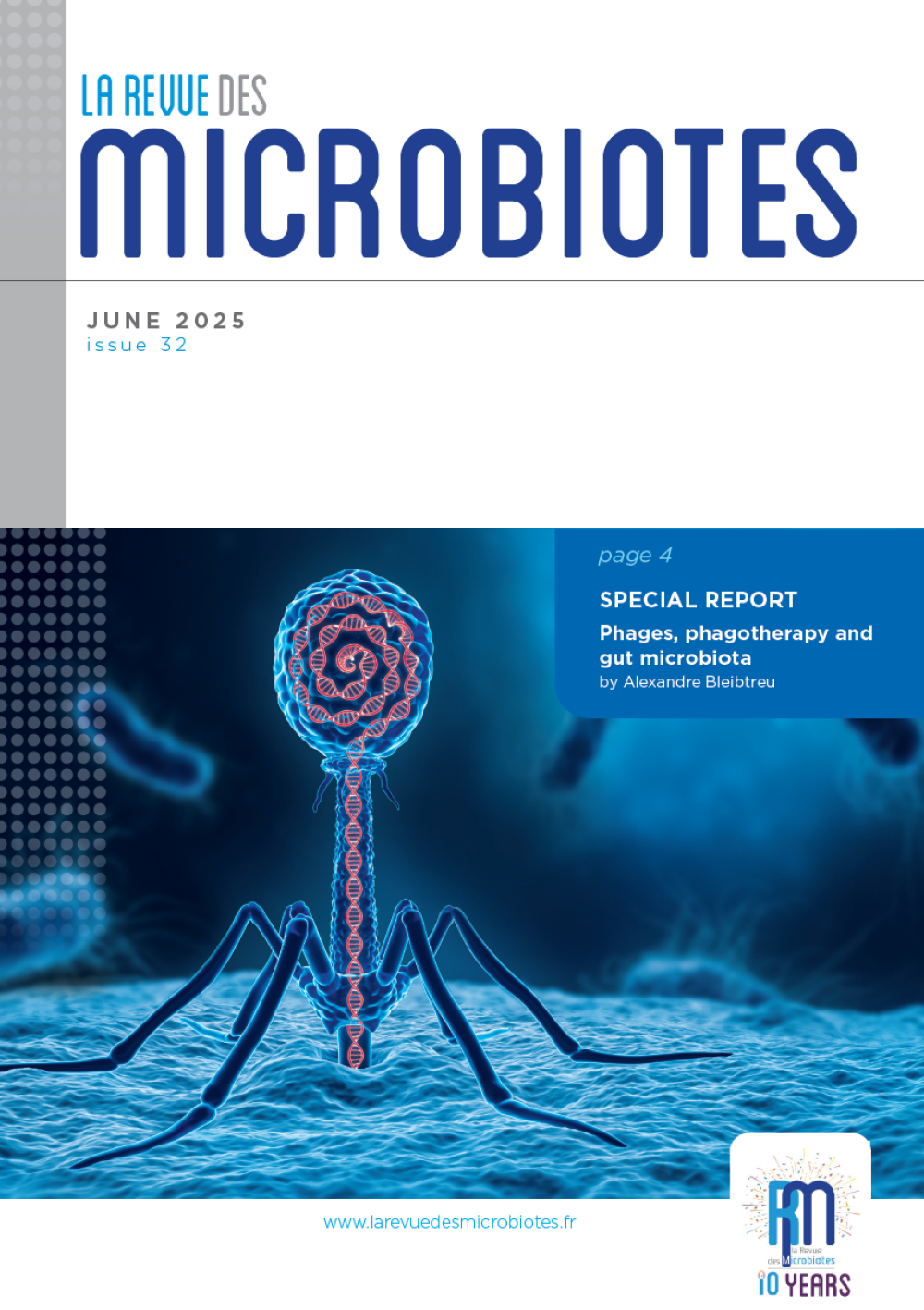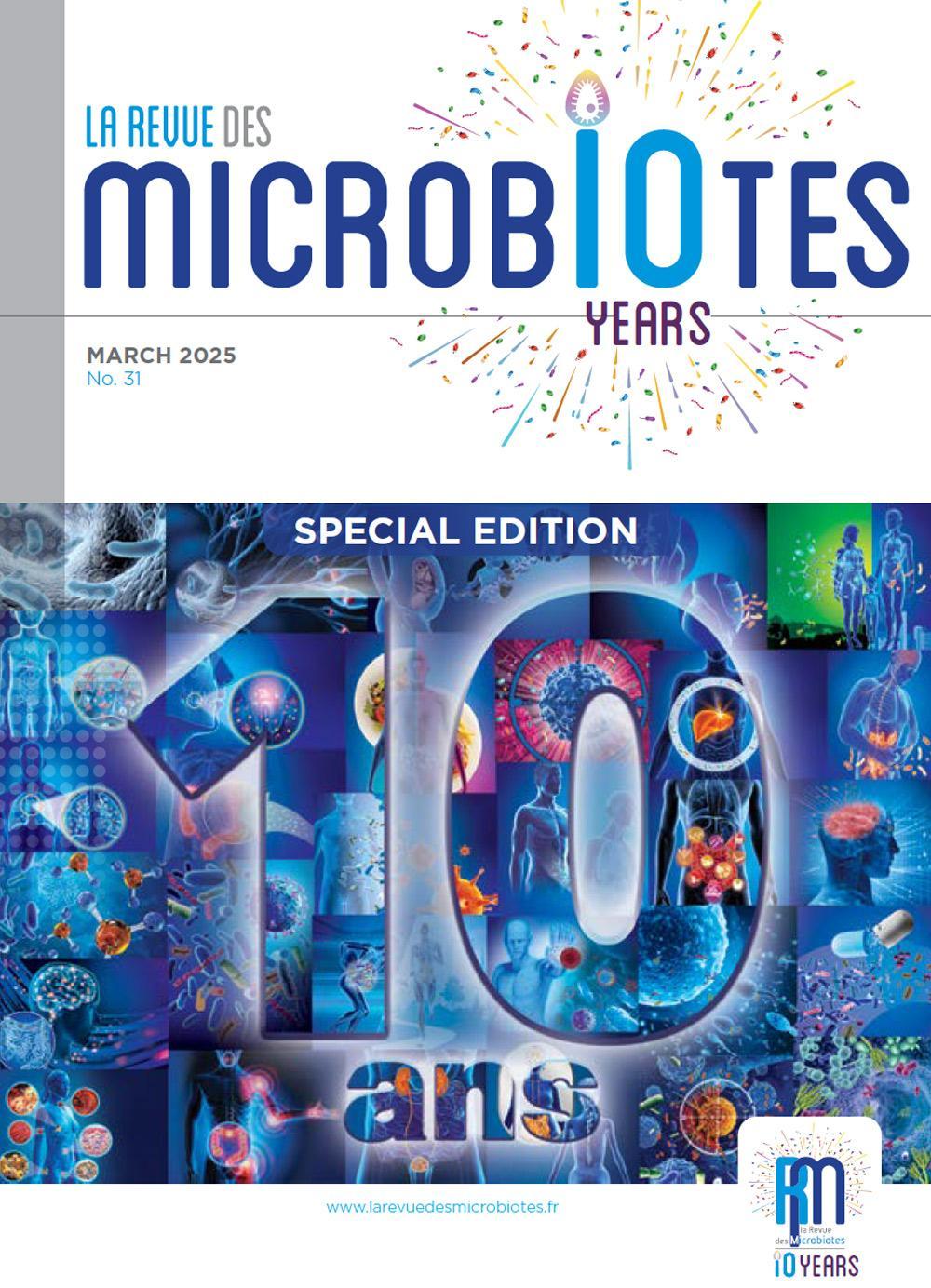The report in this issue lifts the veil on a microbiota that remains relatively unknown: The tissue microbiota.
In the early 2010s, micro-organisms were identified in our tissues, including in the blood.This represented a break away from the globally accepted concept of a sterile internal environment.
This paradigm shift is now largely accepted. The composition of the tissue microbiota is specific to the tissue in which it is found.It is fed by the translocation of bacteria, bacterial fragments or bacterial metabolites, namely from the gut to the tissues.It has thus been demonstrated that changes in the gut microbiota by the ingestion of prebiotics or probiotics, or via a faecal transplantation altering the tissue microbiota.Differences in the composition of the tissue microbiota have been described in patients suffering from pathologies namely of a cardiovascular, metabolic or cancerous nature.In this regard, the blood microbiota could be a source of biomarkers for the prediction of such cardiovascular, metabolic or cancerous conditions.Furthermore, it has been shown that the microbiota of cancerous tissue influences the prognosis of the disease. This impact is explained by the influence of the tumour microbiota on the immune response.
Related to this topic, in this issue (in the Interview section),Professor Pascal Hammel spoke to us about the impact of microbiota in pancreatic cancer. In short, the identification and modulation of the tissue microbiota opened up new diagnosis and therapeutic pathways for human healthcare, which we should continue to explore.
Happy reading!
Jacques Amar
Editor in Chief of this issue














